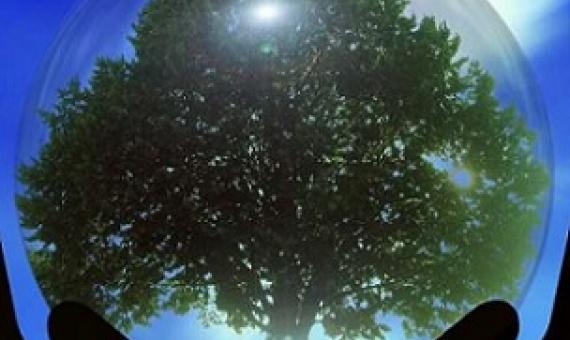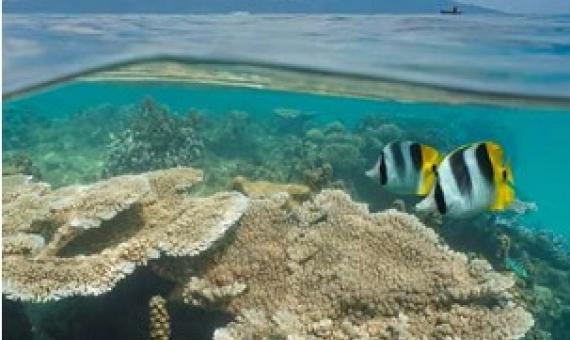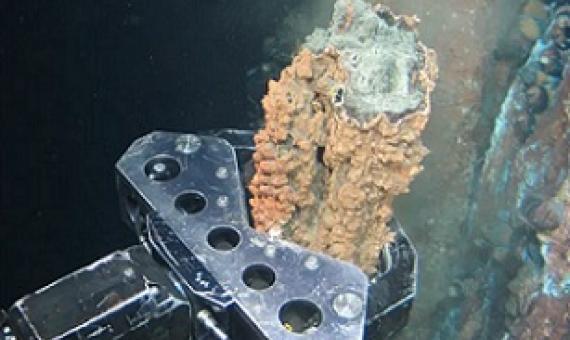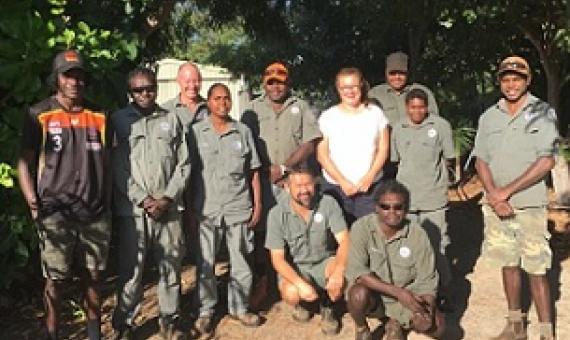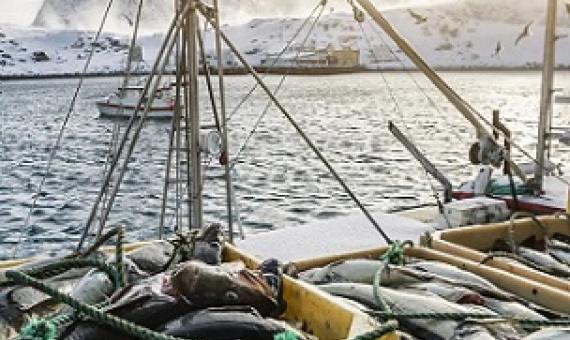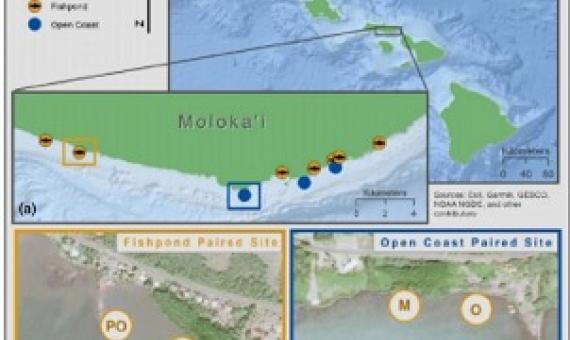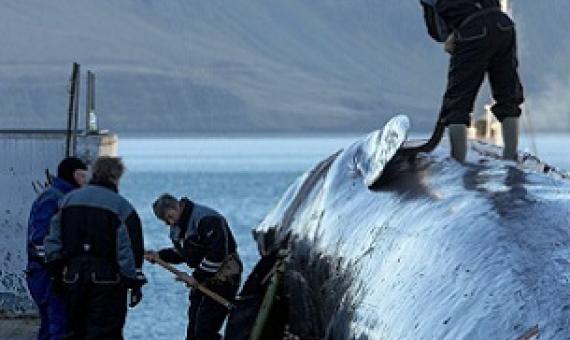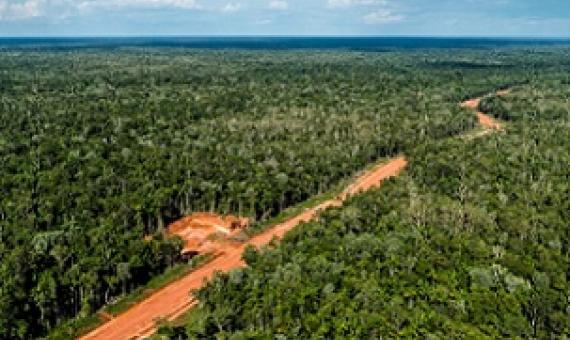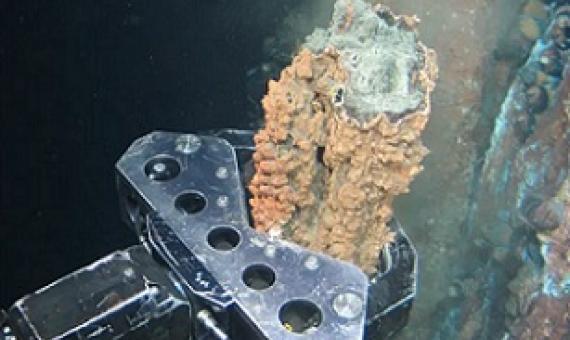As global environmental crises mount, numerous policies have been proposed with an eye toward a more sustainable future. However, such recommendations have often gone unheeded, falling by the wayside for lack of public support.
There's a widespread hypothesis that links the resilience of coral reefs with their remoteness from human activities—the farther away they are from people, the more likely corals are to bounce back from disturbances.
The demand for minerals—specifically, strategic metals such as cobalt, nickel, copper, and manganese—has been steadily increasing with population growth and changing consumption patterns in the developing world.
New research explores the work of Yolŋu Indigenous Rangers in North-East Arnhem Land to understand their crucial contribution of Indigenous cultural and natural resource management...For the past 25 years, the Dhimurru Aboriginal Corporation (Dhimurru) has contributed to the sustainable
Tickled by sunlight, life teems at the ocean surface. Yet the influence of any given microbe, plankton, or fish there extends far beyond this upper layer.
Nature-Based Solutions for Urban Climate Change Adaptation and Wellbeing: Evidence and Opportunities From Kiribati, Samoa, and Vanuatu
Climate change and urbanisation in combination put great pressure on terrestrial and ocean ecosystems, vital for subsistence and wellbeing in both rural and urban areas of Pacific islands. Adaptation is urgently required. Nature-based solutions (NbS) offer great potential, with the region increasingly implementing NbS and linked approaches like ecosystem-based adaptation in response.
In a new paper published in the Journal of Applied Ecology, environmental science and management professor Elise Granek and lead author Casey Lewis, PSU alumna, report the findings of a census of zooplankton communities in non-native mangrove habitats and open coastline on the islan
Nearly 40 years after a majority of the member states of the International Whaling Commission (IWC) voted in 1982 to suspend commercial whaling indefinitely, whaling continues, albeit to a lesser extent—as does scientific research using the products of that whaling.
...according to a study based on satellite imagery and maps from local governments that was published last month in Biological Conservation.
Scientists at the University of Hawaii have released a new researched opinion about the unstudied consequences of deep sea mining.

